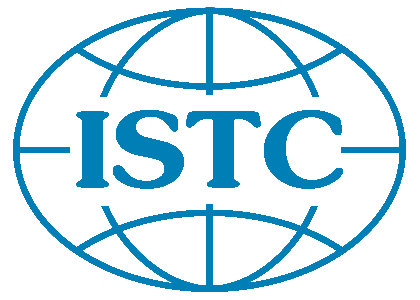
INTERNATIONAL STAFF TRAINING CENTRE

Tallman
A tallman is a person who controls the quantity and quality of cargo during freight operations, during the receipt and transfer of cargo, and during its loading onto a vehicle or into a warehouse.
To perform the duties of a tallyman, the employee must be trained in freight transport and warehouse accounting. The tallyman must be familiar with and confident in the application of rules and regulations relating to the loading and unloading of goods, and be skilled in the handling of documentation and cargo records. His qualifications and experience should ensure that he is able to make prompt decisions to overcome problems that may arise in the course of his work.
In general, the tallman accepts, performs primary accounting and delivery of cargoes in holds and on decks of ships, on berths and in cargo warehouses, takes part in loading and unloading operations and escorting cargoes on the territory of the port, controls the transfer of cargoes by the consignee to the carrier, controls the correctness of labelling, integrity of cargo, serviceability of tare and its compliance with the requirements established for this category of cargo, sorts cargoes, determines their weights and number of places, draws up documents on cargo (tally reports, issue of a report on cargoes).
A special responsibility falls on the tallman handling dangerous goods. In addition to knowledge of the general rules of cargo handling in the port, he must also know and be able to apply the provisions of international documents governing the transport and handling of dangerous goods. These documents include the UN Model Regulations on the Transport of Dangerous Goods, the Globally Harmonized System of Classification and Labelling of Chemicals, the UN Manual of Tests and Criteria, the International Maritime Dangerous Goods Code (IMDG Code), the Regulations to the Agreement concerning the International Carriage of Dangerous Goods by Road (ADR), the Regulations to the European Agreement concerning the International Carriage of Dangerous Goods by Inland Waterways (ADN), Annex 2 to "Carriage of Dangerous Goods" to the Agreement on International Carriage of Goods by Rail (SMGS), Regulations on the International Carriage of Dangerous Goods by Rail (RID), International Convention for Safe Containers 1972 (SCC), IMO Recommendations on the Safe Transport of Dangerous Cargoes and Related Activities in Port Areas, etc.
Upon the results of training and subsequent end-of-course-assessment by the International Dangerous Goods and Containers Association (IDGCA), graduates receive certificates of advanced training and Tallman certificates of international standard. Certificates issued by IDGCA are protected by a patent.
